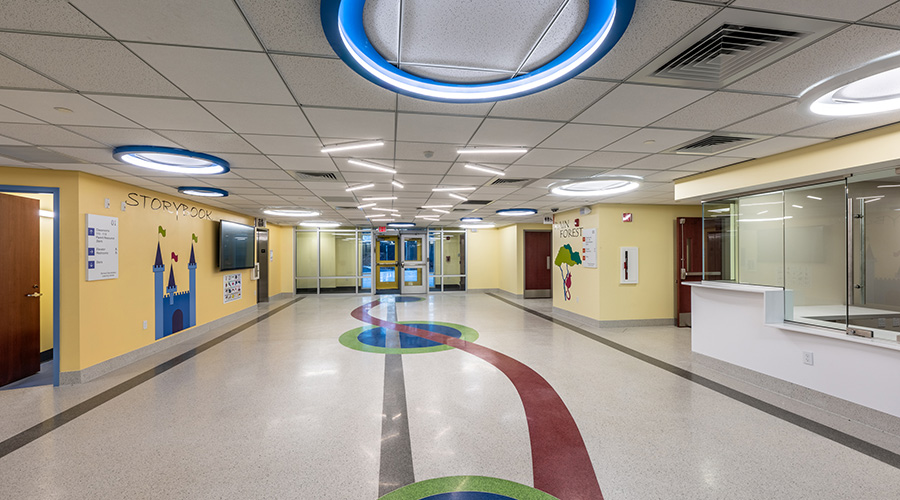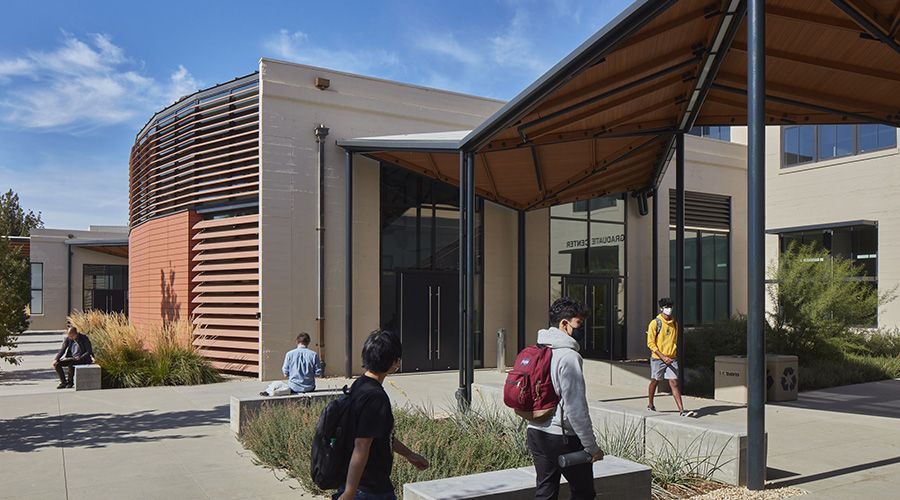EPA Targets Colleges and Universities in Southeast
The U.S. Environmental Protection Agency (EPA) has launched a College and University Compliance Incentive Initiative to encourage colleges and universities in the Southeast to conduct voluntary environmental self-audits. The program's audit policy provides incentives for regulated entities that voluntarily discover, promptly disclose, and expeditiously correct non-compliance. Disclosures that meet the necessary conditions of the policy can receive a partial or complete reduction in financial penalties.
The
U.S. Environmental Protection Agency (EPA) has launched a College and University Compliance Incentive Initiative to encourage colleges and universities in the Southeast to conduct voluntary environmental self-audits. The program's audit policy provides incentives for regulated entities that voluntarily discover, promptly disclose, and expeditiously correct non-compliance. Disclosures that meet the necessary conditions of the policy can receive a partial or complete reduction in financial penalties.
Among the potential environmental problems at colleges and universities are improper handling, storage and disposal of hazardous waste; laboratories and chemical storage; air quality problems; storm water runoff and wastewater discharge; inadequate monitoring of underground storage tanks; sewage treatment facilities that are not operating properly; and improper removal of lead-based paint and asbestos.
To assist colleges and universities in complying with environmental laws and regulations, EPA, in partnership with state environmental agencies, conducted seven compliance assistance workshops for colleges and universities.
The workshops were held throughout the Southeast to provide an opportunity for colleges and universities to gain information on the environmental expectations for their facilities. Compliance assistance efforts for colleges and universities began in 2002 and ended with a final workshop held in September 2006.
Related Topics:











